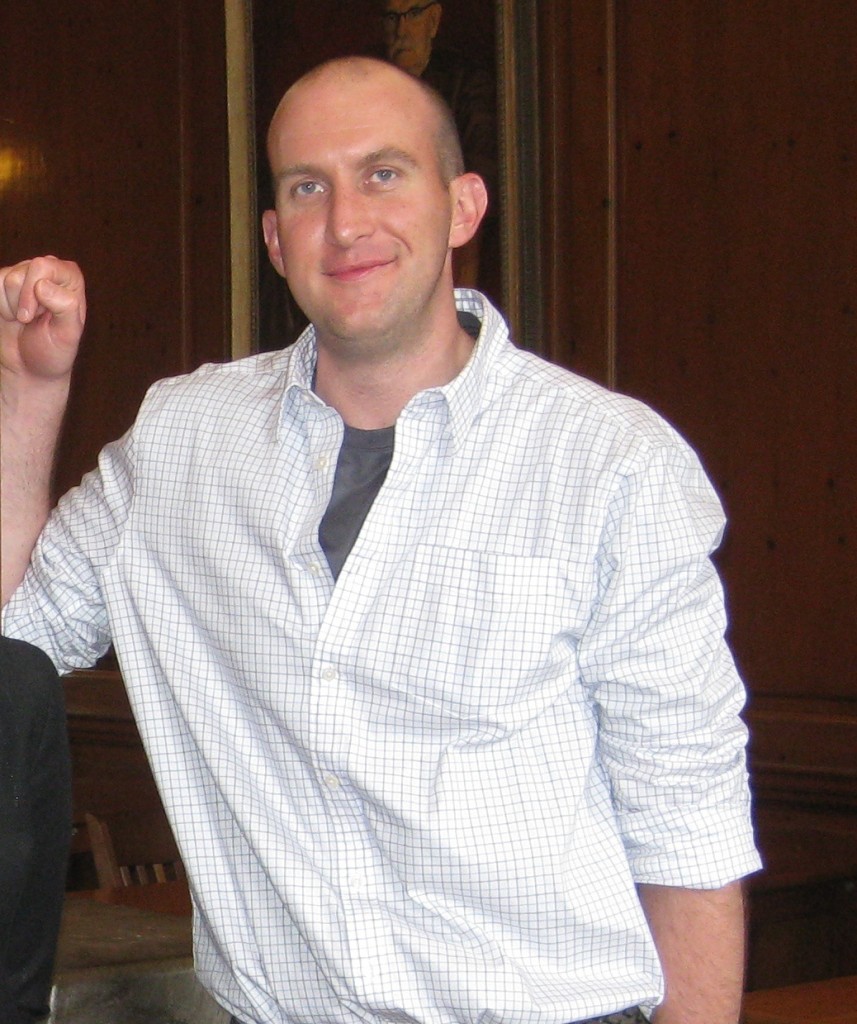Podcast: Play in new window | Download
Subscribe: Apple Podcasts | RSS
Dr. Brian Allan is an Assistant Professor in the Department of Entomology and School of Integrative Biology at the University of Illinois at Urbana-Champaign. He received his PhD in Evolution, Ecology, and Population Biology from Washington University in St. Louis and completed a postdoctoral research fellowship at the Tyson Research Center at Washington University before joining the faculty at the University of Illinois. Brian is here with us today to tell us about his journey through life and science.
Brian is broadly interested in the ecology of infectious diseases, particularly diseases transmitted to humans from wildlife via the bite of an infected arthropod (e.g., ticks, mosquitoes). Much of Brian’s research focuses upon the consequences of human-mediated global change, such as climate change and human land-use, on the risk of exposure to parasites and pathogens carried by wildlife. While Brian works on these questions in a wide variety of wildlife communities and disease systems, he is especially interested in understanding the effects of landscape change on the emergence and transmission of tick-borne diseases in the Midwest. He uses a broad array of tools in approaching these questions, including molecular technologies, remote sensing applications, and theoretical modeling.

Leave a Reply